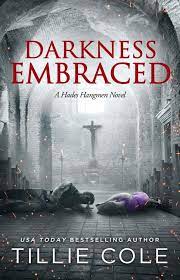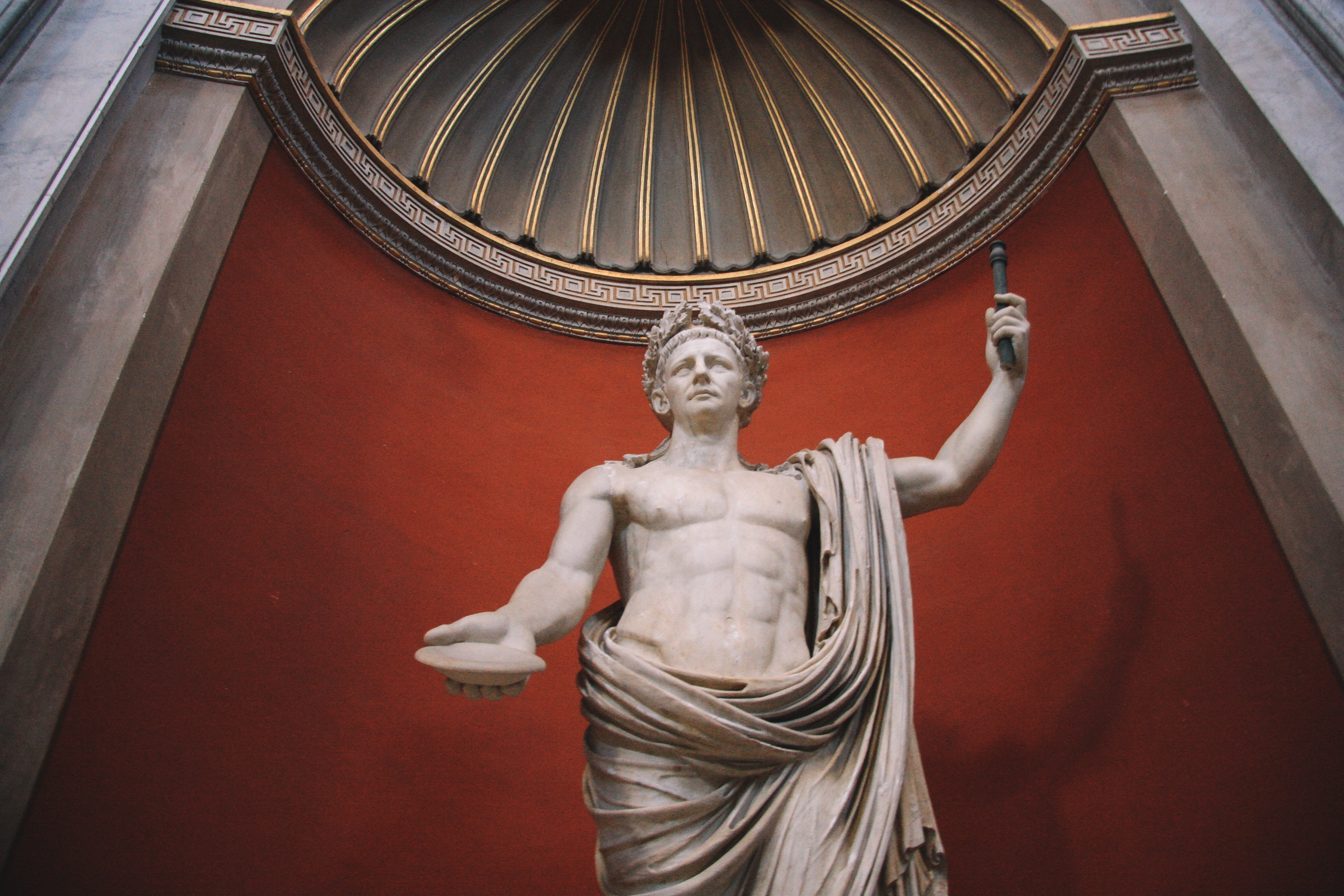Header photo by: Nick Fewings on Unsplash
Roald Dahl's beloved children's books are facing significant changes in new editions, sparking a heated debate about the role of censorship and cultural sensitivity in literature.
Puffin, the publisher of Dahl's books, has removed or altered hundreds of words and phrases to "modernize" the language used in the classic stories. Changes include the description of Augustus Gloop, which now reads "enormous" instead of "fat," and Mrs. Twit, who is no longer referred to as "ugly." In addition, references to the gender of characters, such as the Oompa Loompas, have also been changed.
[Editor's Note: In the first version of Charlie and the Chocolate Factory the Oompa Loompas were originally black and of African Descendants. The 1973 edition changed their appearance to orange. So this not the first time changes have been made to characters in this book.]

(Photo by Pete Wright on Unsplash)
According to a spokesperson for the Roald Dahl estate, the changes were made to maintain the storylines, characters, and the irreverence and sharp-edged spirit of the original text. However, many have criticized the decision, with some arguing that the books should be left as they are and read for generations to come.
Authors Salman Rushdie and Philip Pullman have both spoken out against the changes. Rushdie called it "absurd censorship," while Pullman suggested that if the books are no longer relevant to this generation of children, they will naturally "fade away."
The debate over these changes raises important questions about the balance between preserving classic literature and adapting it to reflect changing cultural norms and sensitivities. It also highlights the challenges of deciding how much of a book's language or themes should be modified to make it more accessible to a modern audience without eroding its cultural significance and value as a historical artifact.
Authors Salman Rushdie and Philip Pullman have both spoken out against the changes. Rushdie called it "absurd censorship,"
Overall, this is just the latest censorship efforts within the book space which has already seen massive book banning in Texas, Florida, Pennsylvania to name the top 3 states for banning books.
As society continues to evolve and progress, it's likely that the discussion around updates and changes to classic literature will continue. It remains to be seen what the future holds for iconic children's books like those written by Roald Dahl, and what approach will be taken to ensure they remain relevant and engaging for generations to come.






![Top 20 Bestselling Books of All Time [As of 2023]](http://www.readmoreco.com/cdn/shop/articles/ihor-frolov-iS0xhRFuHhM-unsplash.jpg?v=1694737807)